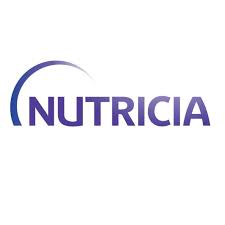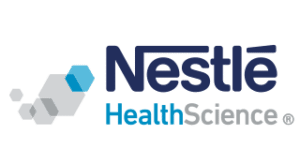Recommendations to regional and national policy makers to address Disease and old-age Related Malnutrition
MNI congratulates WHO Regional office for Europe for launching this ground breaking publication and trust it will help countries move forward with implementing the right policies to address Disease Related Malnutrition.
In July 2024, WHO Regional office for Europe launched a new publication entitled Disease-related malnutrition: a time for action. It provides a concise overview of the actions recommended by ESPEN in guidelines and position papers to strengthen nutritional care for the prevention and management of disease-related malnutrition in primary care and for hospital outpatients and inpatients. It includes a recommendation that health-care professionals be trained in nutritional care. A very useful fact sheet intended for national and regional policymakers for health care allow these recommendations to be very impactful.

KEY MESSAGES
- Disease-related malnutrition is an underdiagnosed, undertreated condition that affects
30–50% of inpatients. - Disease-related malnutrition is common in patients with almost any disease; older adults and
people with noncommunicable diseases are at particularly high risk. - Nutrition therapy, including artificially administered nutrition for patients at nutritional risk, is a
cost-effective intervention with both clinical and financial benefits. - Nutritional care comprises screening, assessment, diagnosis, nutrition therapy and monitoring.
- Its aim is to assess, prevent and treat disease-related malnutrition with a strategy for optimal
nutrition therapy. Nutritional care should be provided in primary care and for out- and inpatients. - Guidelines and position papers of the European Society for Clinical Nutrition (ESPEN) provide
clinical evidence to support a policy for implementation of nutritional care and to strengthen the education of health-care professionals in clinical nutrition. - The policy recommendations for consideration by countries are to:
- recognize disease related malnutrition as an important topic to address by policymakers and healthcare professionals;
- implement nutritional care in primary care and in every outpatient and inpatient setting; and
- strengthen the education in nutrition of health-care professionals.
Resources:







